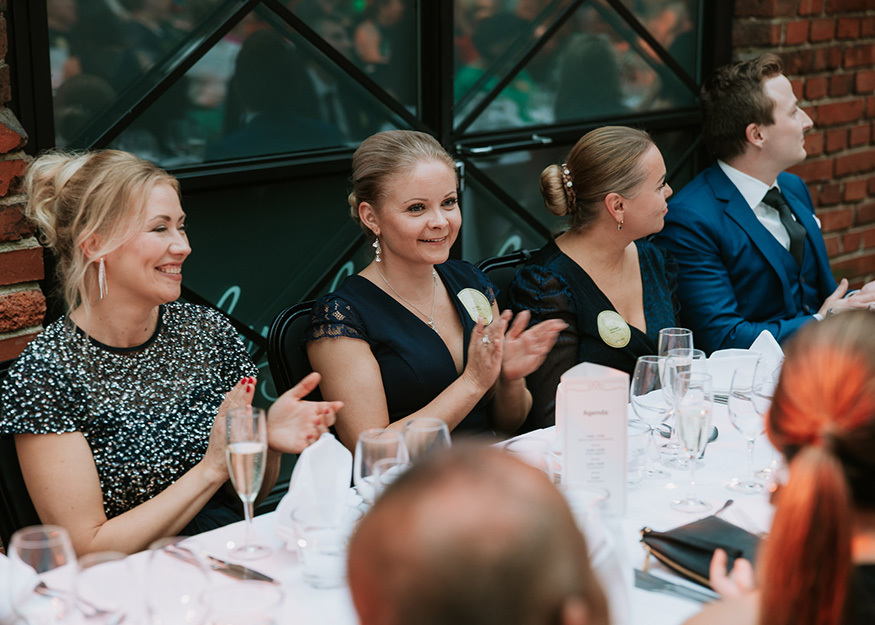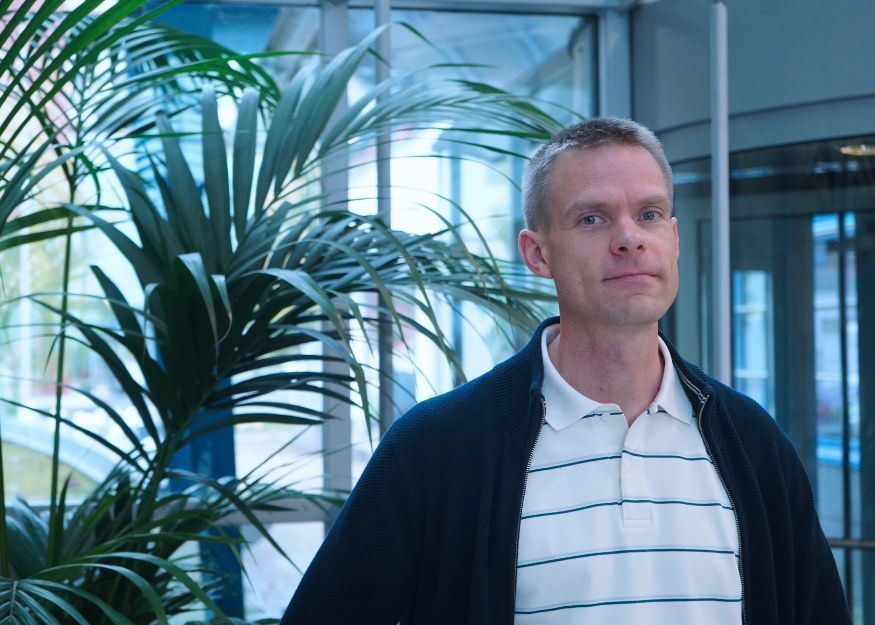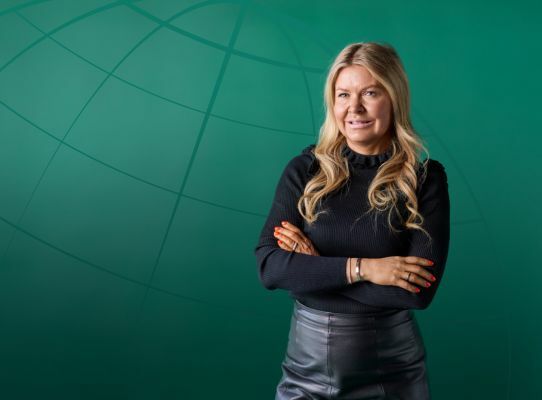Happy world, happy investor

What makes an investor truly happy? We sat down with Amel Gaily, managing director of the Finnish Business Angels Network and Pia Santavirta, managing director of the Finnish Venture Capital Association, two powerhouses of the Finnish investment field, to find out whether happiness plays a part in making money grow.
Does happiness play a part in investing? If so, what does it look like?
Pia Santavirta: Finnish Venture Capital Association (FVCA) just released a study on impact investing, which is very much tied to wellbeing and happiness. Impact investing is investing in unlisted companies that are both good investments and work towards a more environmentally and socially sustainable world. Impact investment does good and has very specific, measurable goals that are often tailor–made for each investment. -Investing in good projects inevitably makes you happy. It’s a big trend in America and Europe already; the biggest trend that directs investments. Most investors are interested in not only capital but being a part of a better world.
Amel Gaily: I agree with that; the trend of conscious and sustainable investment is growing globally. Investing in companies that do good brings happiness to angel investors, too, in addition to that, angel investors find happiness at many stages of a project. For a business angel, happiness comes in peaks at multiple different stages: first when you are looking for a target and finally find one, then seeing that target business grow and develop. It’s incredible when you see that your investment has a direct correlation to the business’ ability to hire new talent. Exiting an investment brings yet another peak of happiness, of course — and when you start your hunt for your next project.
PS: It’s often forgotten that major successes generate a lot of good in general: they teach entrepreneurs valuable skills that they will then pass on to other entrepreneurs and when business angels make good investments, they release more capital for helping new companies. Big successes spawn learnings, innovations and know-how. Investing is a communal effort.
AG: It’s a true pay it forward culture.

Pia Santavirta – Managing Director of the Finnish Venture Capital Association
What about intuition? What’s the importance of following your intuition?
AG: Intuition plays a huge role in angel investors’ decisions that need to be made at such an early stage that everything is unknown. These companies might not even have revenue or customers, so the investment is only backed by the entrepreneur and their predictions. That’s why intuition and trust in the entrepreneur’s team plays a big role. The earlier on in the game, the bigger the role.
PS: Structures support intuition, too. You can have the world’s best ideas and plans, but an investor’s network can give you the push needed to turn those plans into concrete things. That, in turn, brings credibility.
AG: The culture of paying it forward comes into the picture here, too. You need to trust your gut and, even if the target is promising, but it doesn’t fit you, to pass it onwards to someone who can take it and turn it into something great.

Amel Gaily – Managing Director of the Finnish Business Angels Network
How do you know that a company is worth investing in?
AG: First of all, the company is providing a solution to an actual problem. And, I can’t emphasise the importance of a good team enough. A good team is diverse — it has members with strong core competencies, but also people from different backgrounds, preferably someone with a background in entrepreneurship and someone with financial know-how. No team is perfect from the get-go. You also need to acknowledge your team’s weaknesses.
PS: Exactly. I have a message for entrepreneurs who are growing their business: seek the company of venture capital investors. It’s the cheapest way to get free advice! Venture capital investors love to help budding entrepreneurs because they also want to get to know them early. Creating these relationships could make your business.
AG: A common misconception that people have is that your business needs to be ready when you start looking for an investor. You should cultivate bravery to ask for feedback at a much earlier stage. No early-stage investor is expecting the world to be ready. But you need to be ambitious — and that’s a spirit we can all cultivate together.
Are there non-monetary ways of measuring an investment’s success?
PS: When it comes to impact investing, this is pretty clear: the goals are quite clear and you are expected to both make a profit and have a positive impact on either the environment or society at large. I think that’s the optimal result: a good profit and a good impact.
AG: I completely agree with that. And, I’d have to add, that each investment teaches you a lot. These war stories and memories — and oh, we have a lot of them — show that there is much more than profit to an investment.
Words: Matilda Kivelä Photos: Sergei Pavlov


